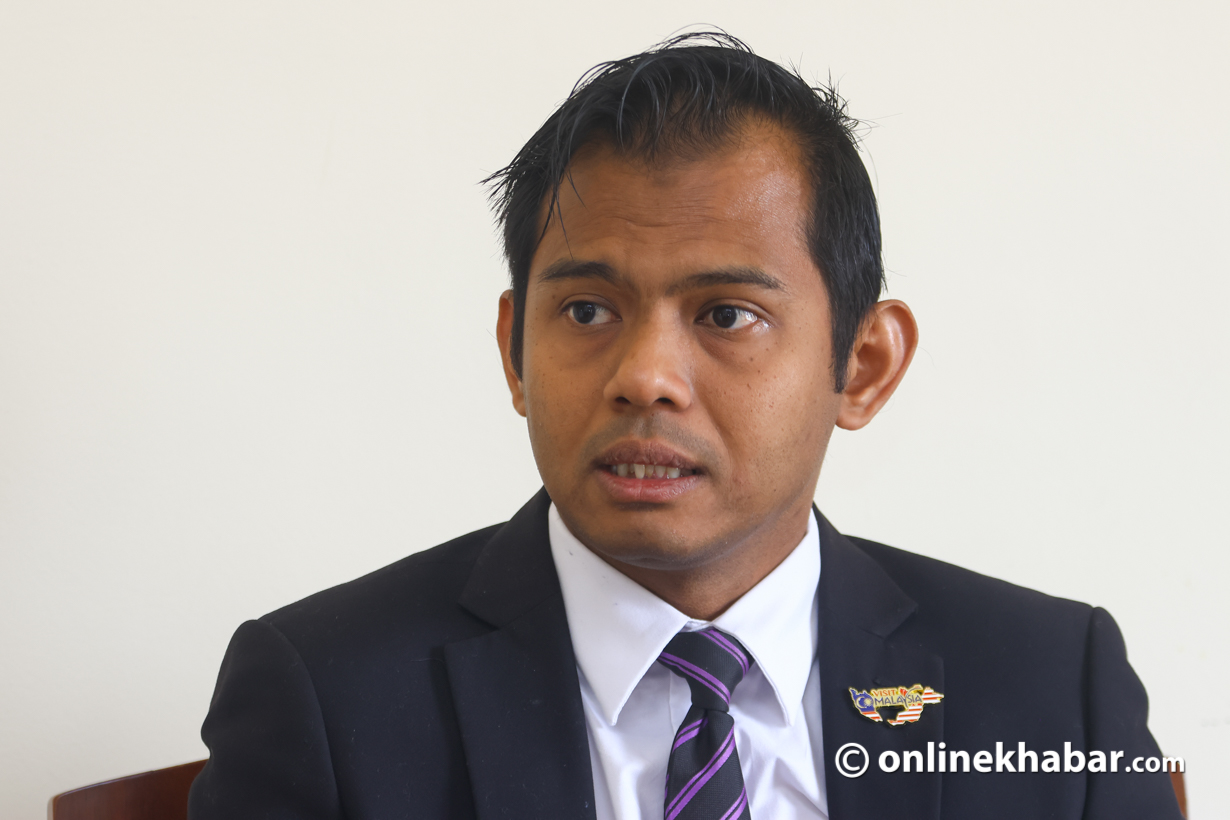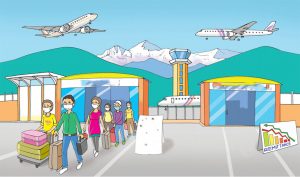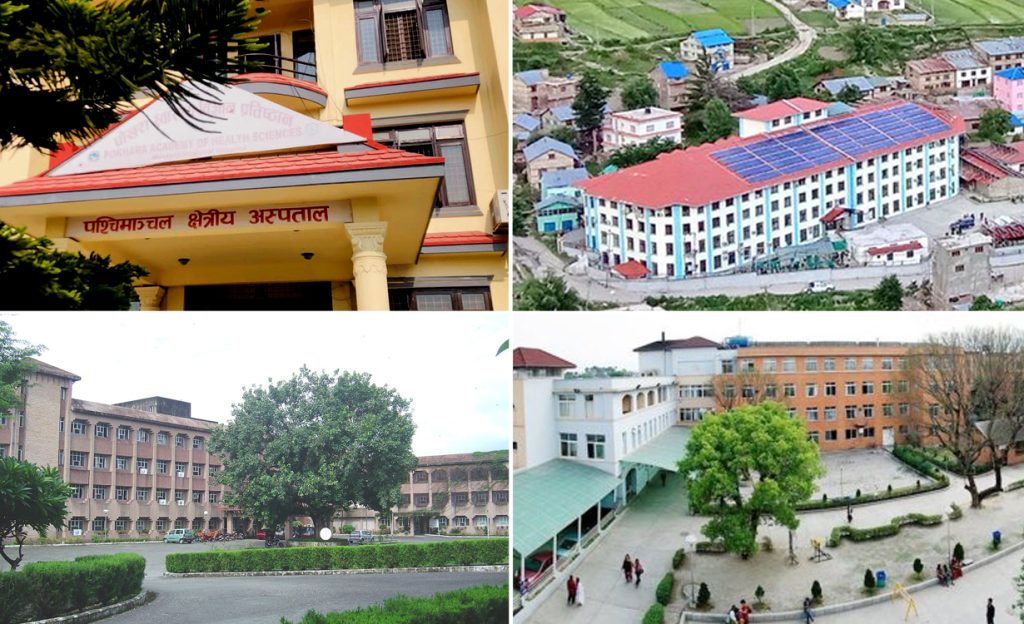
This month the government of Nepal changed its Minister of Labour, Employment and Social Security for the third time in a little over a year. While one wishes the new incumbent, Rastriya Swatantra Party lawmaker Dol Prasad Aryal, the very best, the shift raises serious questions about the capacity of the state to deliver dignified work and social protection at a time of significant economic hardship for millions of people in the country.
Such swift exits are not new: there have been 13 Labour Ministers in Nepal since February 2014. Three of them lasted one year, 10 worked less than a year and two remained in the position for merely a few weeks. At times, the role was vacant for months. Because of this constant upheaval, Labour Ministers depart before gaining an understanding of the climate of exploitation and impunity that migrant workers experience and do not initiate any potential solutions for protection.
Lack of recorded institutional memory keeps the next official from picking up any fixes that could have been advanced. This is a serious concern: approximately 15 per cent of the Nepali population leaves home to work, and they desperately need support.
The situation is life-or-death

Over the past two decades, I have worked in Nepal on labour migration and worker’s rights, conducting research and advocating for change. I have spoken to hundreds of women and men seeking work abroad and documented many thousands of cases of abuse including debt bondage, forced labour and human trafficking. I have also studied the causes of accidents, injuries and unnatural deaths of hundreds of migrant workers. Female migrant workers and those who migrated informally or are undocumented are especially vulnerable.
Efforts must urgently be made to stabilise leadership in the Ministry of Labour. If that is not possible, then it is vital to make a political effort to systematize the institutional memory in the labour administration so that reforms can forward, no matter who is in power.
I have tracked countless incidents and have had numerous conversations with political and administrative leadership within the Ministry of Labour, private businesses and international agencies. Over the years I have learned dozens of reasons why Nepalis continue to face dire problems when they migrate for work. One of the key factors, I have come to understand, is that constant turnover in leadership at the Ministry of Labour limits institutional memory and prohibits impactful reform.
Some of this turnover is because of numerous cases of criminality in the Ministry over the years. The sitting labour minister was caught red-handed negotiating a bribe back in 2012 and more recently, the Director General of the Department of Foreign Employment as well as employees associated with the administration have been convicted of crimes ranging from corruption to human trafficking. On top of this unlawful behaviour, newly appointed officials have not focused on continuing the work initiated by their predecessors or could not figure out how to initiate change that would protect migrant workers.
There are numerous heart-warming examples of officials trying to reform labour migration governance for the better. However, much important legislation has been left in limbo or gone unenforced.
Labour exploitation

Trafficking and exploitation of Nepali migrant workers has become routine as the existing Foreign Employment Act and the Human Trafficking and Transportation (Control) Act do not clearly define human trafficking that occurs in the foreign labour migration cycle. There has been no concrete effort to amend the law yet to address it.
Worker friendly policies including ‘free visa, free ticket’ or ’employer pays’ – which require the employers in the country of employment to cover the cost of recruitment and migration for Nepalis – have been introduced for years, but these policies are violated because labour administration has not strategised how to get these policies implemented.
Tens of thousands of workers are at risk of forced labour and deprived of the promised jobs, wages and facilities due to the rampant unfair and exploitative recruitment practices and illegal recruitment charges. Nepali women, meanwhile, have been particularly subjected to harassment.
There is no policy to support and protect the hundreds of thousands of men and women who migrated informally or were trafficked.
On top of that, the state doesn’t properly regulate or monitor the millions of Nepali working in India. From the Prime Minister’s 2017 announcement to Nepal’s strategies under annual or five-year plans to cover them with labour migration policies and support systems including keeping records of those migrating to India and covering them with foreign employment welfare and insurance schemes went unimplemented.
Information on safe migration has not reached target communities to the extent necessary. People have not been empowered to know their rights and have not been made aware of the limited support systems that are available to them.
For years, obstacles to the delivery of justice against fraudulent foreign employment has gone unmet. The grievance mechanisms are centralized in Kathmandu, which is difficult to access for people in remote areas. Complaint systems are labyrinthine, lengthy and involve significant costs. Even if victims do go through all this and the law acts in their favour, most struggle to access the compensation they are legally owed.
The challenges are significant, but solutions exist and many of them are easily actioned. What is more, good governance that protects the rights of Nepalis abroad would be a vote-winner for any political party. It is time to think of the rights of the workers. Ending the constant cycle of Labour Ministers is a simple but critical first step.
These political disruptions result in failures of policy that ultimately fall on the backs of workers, people who have already been forced from their homes due to lack of unemployment and are boldly trying to make a better life for themselves and their loved ones in insecure environments. We deserve more from our government.
























